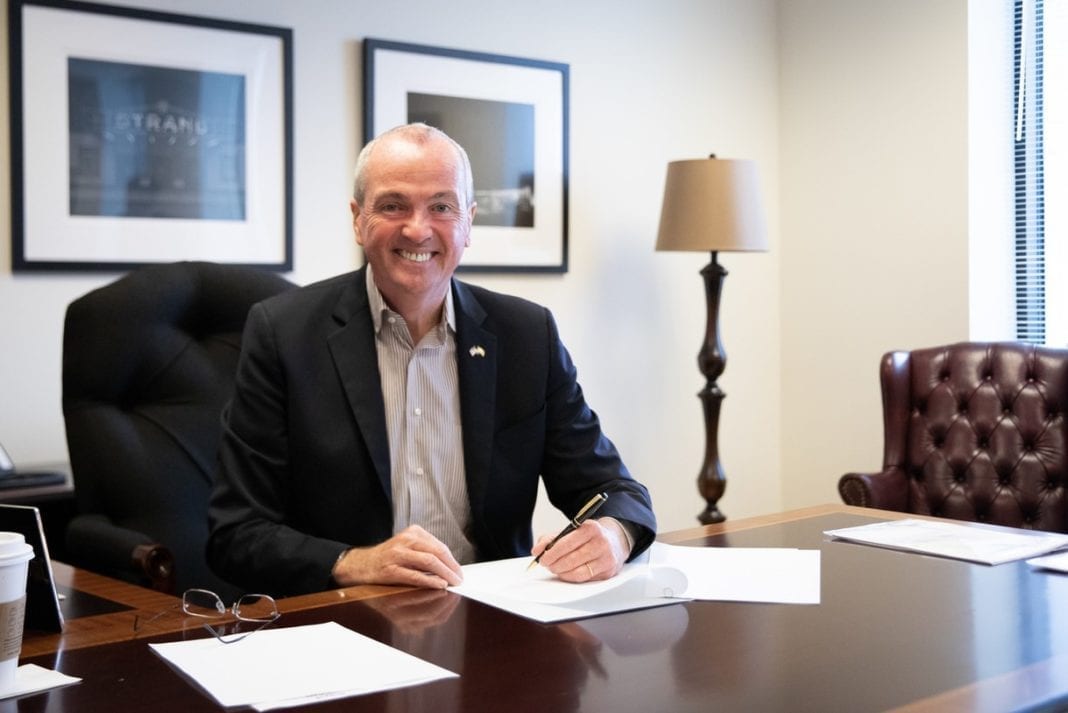On November 4, 2020 Governor Phil Murphy signed S864, which prohibits the use of single-use plastic and paper bags in all stores and food service businesses statewide. The bill is designed to help significantly reduce the amount of harm and pollution these products cause to our environment.
“Plastic bags are one of the most problematic forms of garbage, leading to millions of discarded bags that stream annually into our landfills, rivers, and oceans,” said Governor Murphy. “With today’s historic bill signing, we are addressing the problem of plastic pollution head-on with solutions that will help mitigate climate change and strengthen our environment for future generations.”
Paper bags require resources and energy to produce which contributes to pollution. Moving forward, the focus throughout the state will be on using reusable bags.
Starting May 2022, both plastic and paper single-use bags, as well as disposable food containers and cups made out of polystyrene foam, will be banned. However, a variety of products will be exempt for an additional two years after May 2022. These include items such as disposable, long-handled polystyrene foam soda spoons when required and used for thick drinks; portion cups of two ounces or less, if used for hot foods or foods requiring lids; meat and fish trays for raw or butchered meat, including poultry, or fish that is sold from a refrigerator or similar retail appliance; any food product pre-packaged by the manufacturer with a polystyrene foam food service product; an any other polystyrene foam food service product as determined necessary by Department of Environmental Protection.
“If you go to the shore, you see plastic buried in the sand and floating in the ocean. There are an estimated 150 million metric tons of plastics currently in our oceans and about eight million metric tons are added each year,” said Senator Linda Greenstein, vice-chair of the Senate Environment and Energy Committee. “We have heard from countless activists and residents around the state, and they have made it clear that they are sick of plastics polluting our ecosystem. Now that this bill is signed by the Governor, New Jersey is closer than ever to a cleaner, greener future.”
“It’s a good day for marine critters and the power of the people,” said Cindy Zipf, Executive Director of Clean Ocean Action. “For over 35 years, thousands of COA’s Beach Sweep volunteers have collected over 7.2 million pieces of trash, mostly plastic, off NJ’s beaches. Thanks to Governor Murphy and the NJ Legislature, we’ve successfully drawn a line in the sand and made NJ a world leader in reducing the plastic plague on this marvel of a planet.”
Many New Jersey officials are thanking the governor for his signing of the bill this month. However, Governor Murphy has made environmental health a prominent issues to address throughout his position. The new signing of this bills was the next step.
“This is an environmental victory that’s been years in the making,” said Amy Goldsmith, NJ State Director, Clean Water Action. “Thank you, Governor Murphy, not once but twice – first for vetoing the 2018 bill that would set back efforts to prevent plastic waste, and now for signing the nation’s strongest waste reduction law. It was well worth the wait. New Jersey is now leading the paradigm shift away from single use disposables to reusables.”
“Gov. Murphy signed the strongest single-use ban on plastics in the country to prioritize our wildlife and our communities over endless plastic waste polluting our waterways,” said Doug O’Malley, Director of Environment New Jersey. “Plastic and polystyrene items we use for 15 minutes should not end up in our environment and communities for endless generations. Polystyrene cannot be cost-effectively recycled on a mass scale and we need to transition to reusable bags.”
He continued, “We are deeply thankful for Gov. Murphy’s leadership vetoing a half-measure plastics bill two years ago and his support for a more comprehensive ban and we are thrilled that New Jersey can be a national leader in reducing single-use waste.”





